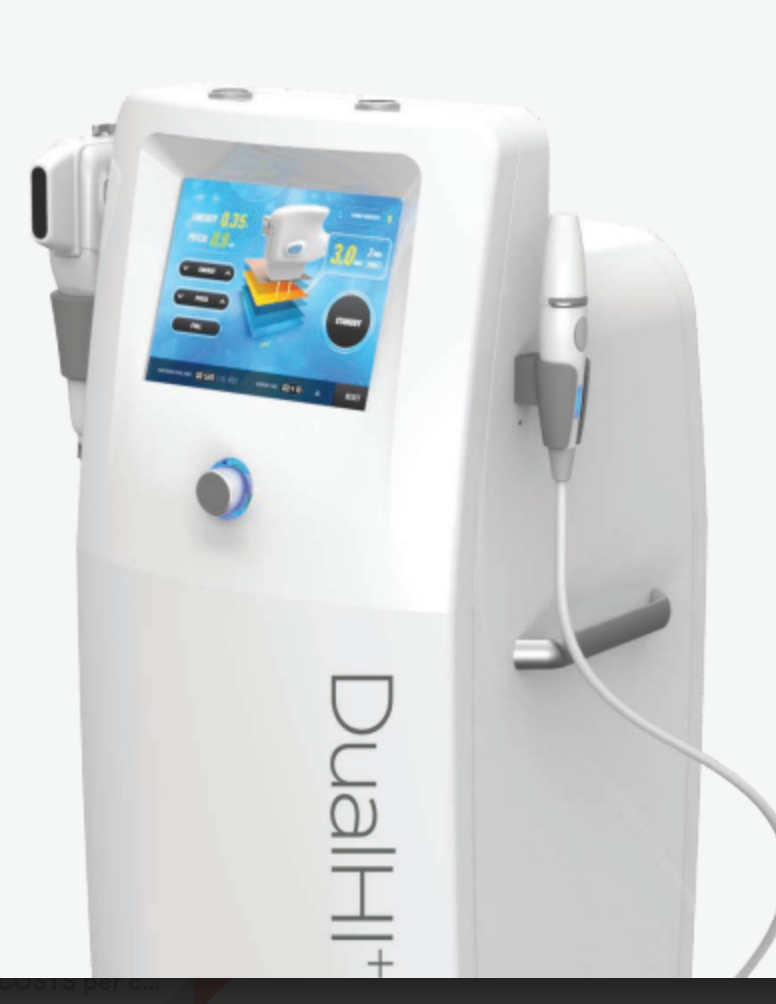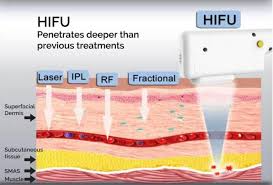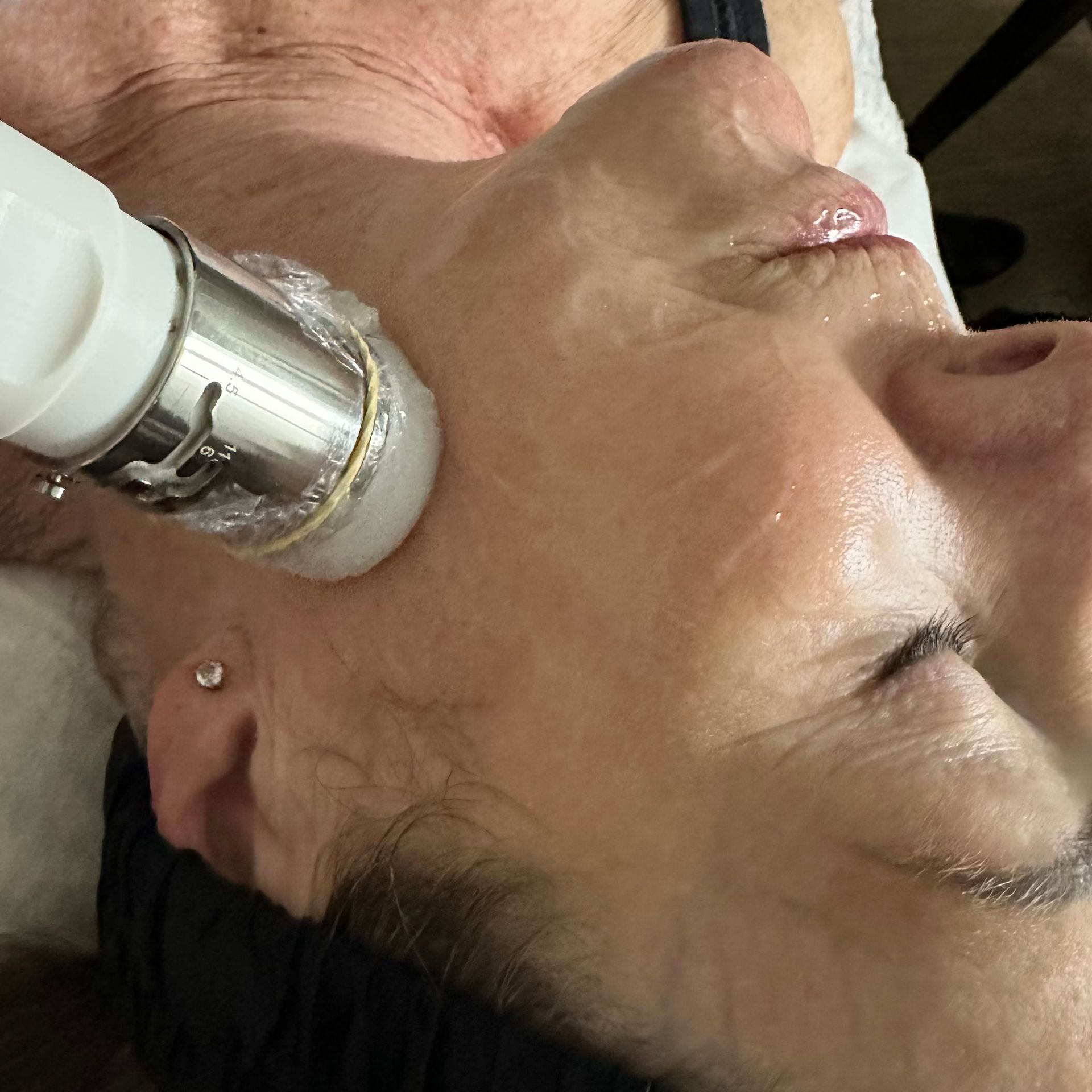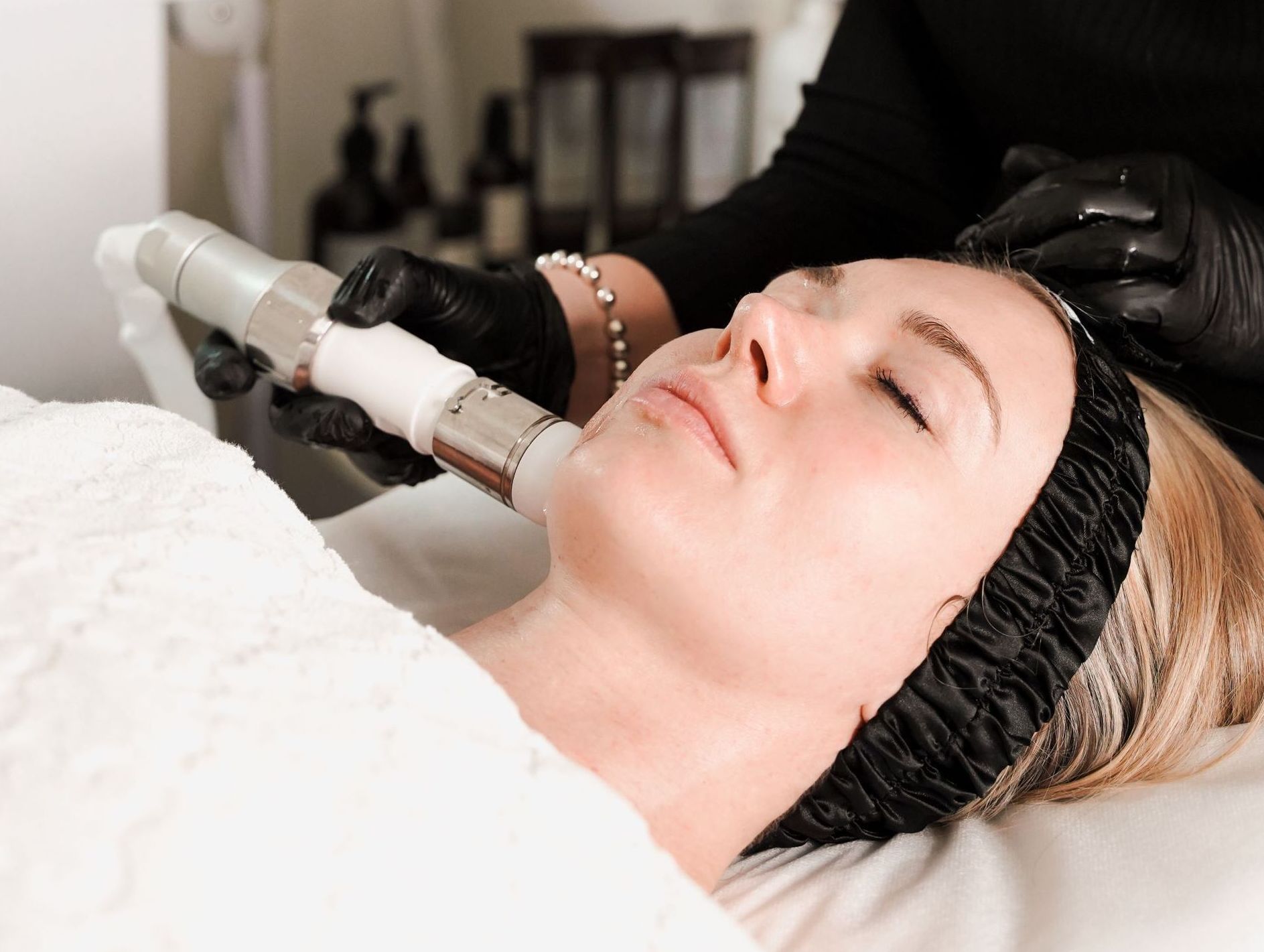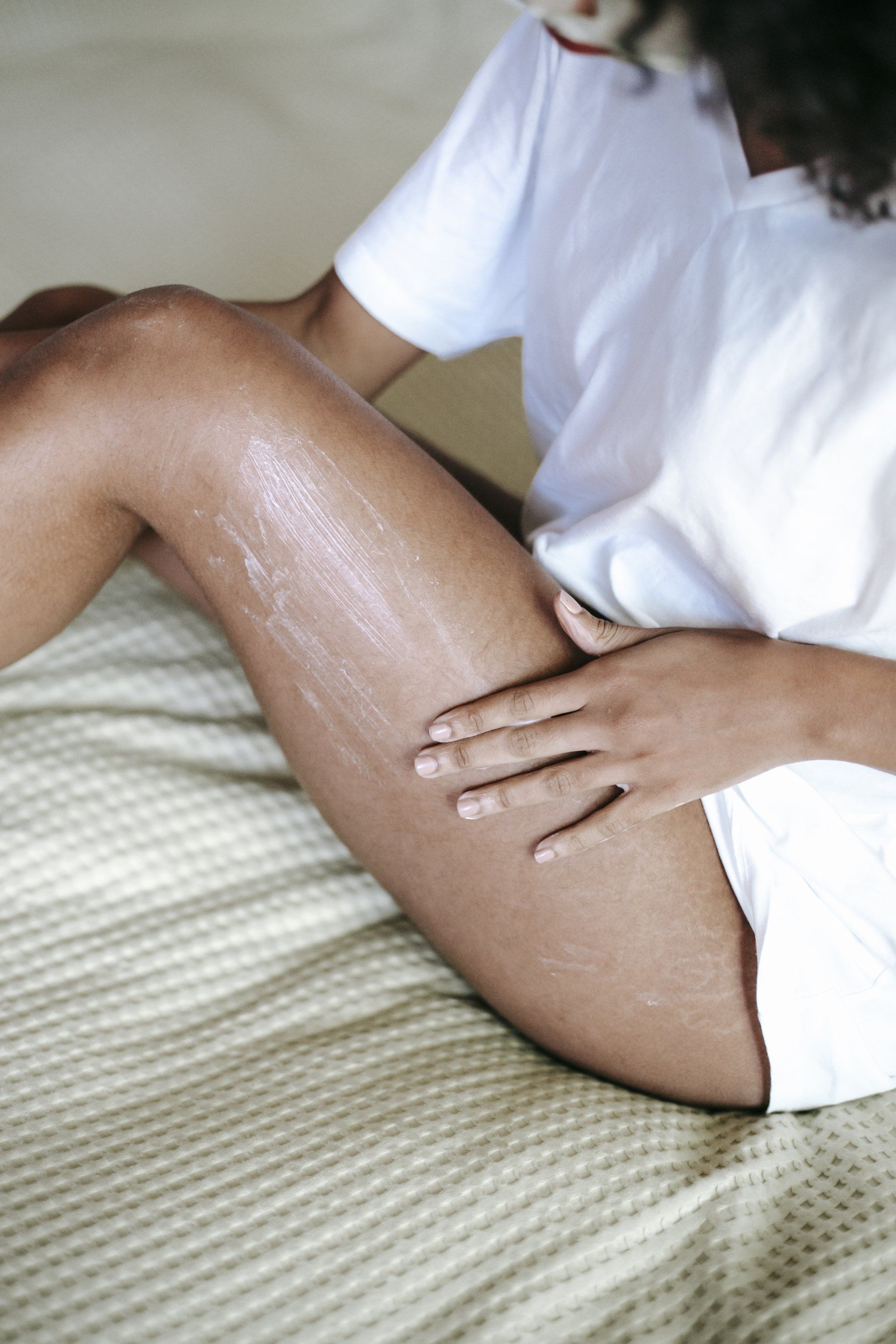How Menopause Affects Your Skin
Menopause is a natural phase in a woman’s life, marking the end of her reproductive years. Along with the well-known symptoms like hot flushes and mood swings, menopause brings about significant changes to the skin.
Understanding these changes and knowing how to care for your skin during this transition can help you maintain a healthy, radiant complexion.
How Menopause Affects Your Skin
1. Hormonal Changes:
- The primary change during menopause is the decline in estrogen levels. Estrogen is vital for maintaining skin thickness, hydration, and elasticity. As its levels drop, you may notice your skin becoming thinner, drier, and less elastic.
2. Decreased Collagen Production:
- Collagen is a protein that keeps skin firm and youthful. Estrogen helps stimulate collagen production, so its decrease during menopause leads to a reduction in collagen levels, resulting in wrinkles and sagging skin.
3. Loss of Fat Under the Skin:
- Estrogen also helps maintain the fat layer under the skin, which gives your face its smooth, plump appearance. With less estrogen, this fat layer diminishes, causing the skin to sag and lose its youthful fullness.
4. Slower Cell Turnover:
- Cell turnover slows down with age and menopause, leading to a buildup of dead skin cells. This can make your skin look dull and uneven.
5. Increased Sensitivity:
- Hormonal changes can make your skin more sensitive and prone to irritation, redness, and conditions like rosacea.
Common Skin Issues During Menopause
- Dryness:
- Decreased oil production can lead to dry, flaky skin.
- Wrinkles and Fine Lines:
- Reduced collagen and elastin contribute to the formation of wrinkles and fine lines.
- Sagging:
- Loss of skin elasticity and subcutaneous fat causes sagging, especially around the jawline and neck.
- Hyperpigmentation:
- Hormonal changes can lead to dark spots and uneven skin tone.
- Acne:
- Some women may experience acne due to hormonal fluctuations, even if they haven’t had it since adolescence.
How to Care for Your Skin During Menopause
1. Hydration is Key:
- Use a rich, hydrating moisturizer to combat dryness. Look for ingredients like hyaluronic acid, glycerin, and ceramides.
2. Gentle Cleansing:
- Use a mild, non-drying cleanser to avoid stripping your skin of its natural oils.
3. Sun Protection:
- Apply a broad-spectrum sunscreen with SPF 30 or higher daily. Sun protection is crucial to prevent further damage and hyperpigmentation.
4. Boost Collagen Production:
- Incorporate products with retinoids or peptides to help stimulate collagen production and reduce the appearance of wrinkles.
5. Stay Hydrated:
- Drink plenty of water to keep your skin hydrated from within.
6. Healthy Diet:
- Eat a balanced diet rich in antioxidants, vitamins, and minerals to support overall skin health.
7. Regular Exfoliation:
- Use a gentle exfoliant to remove dead skin cells and promote cell turnover. Avoid harsh scrubs that can irritate sensitive skin.
8. Consider Professional Treatments:
- Treatments like chemical peels, and skin needling can help improve skin texture and tone.
- HIFU is also an excellent treatment for improving skin sagging. Working on the muscles we can tighten skin and significantly improve skin around the mouth area - the most difficult area to treat!
9. Manage Stress:
- Stress can exacerbate skin issues, so practice stress-reducing activities like yoga, meditation, or regular exercise.
10. Consult a Skin Specialist and Get Sun Spot Checks
- Regular check-ups with a Qualified Skin Cancer Doctor is imperative at all ages. We can also help you manage skin changes effectively and keep your skin looking its best.
Conclusion
Menopause brings a host of changes to your skin, but with the right care and attention, you can maintain a healthy, glowing complexion.
By understanding the impact of hormonal changes and adopting a tailored skincare routine, you can navigate this transition with confidence and grace. Remember, it’s never too late to start taking good care of your skin.
